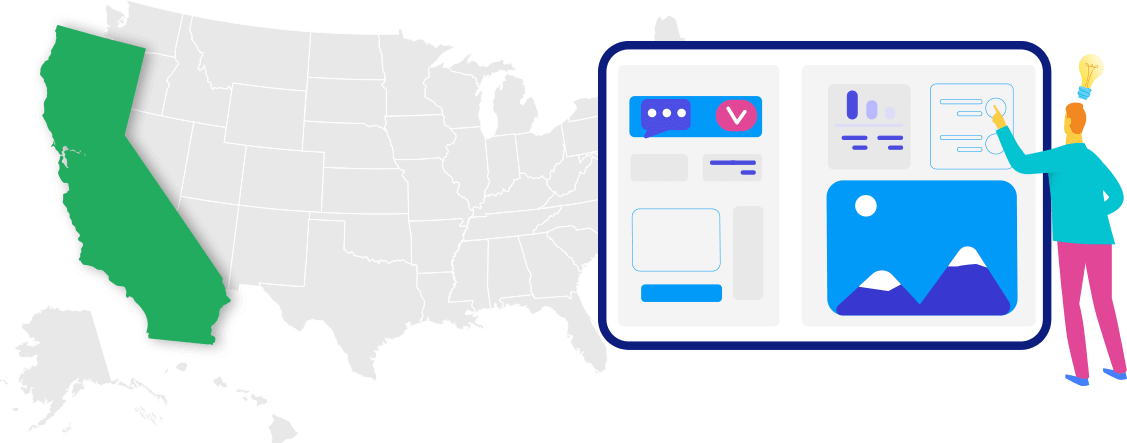How to Start an Online Business in California
Steps to start and launch an online business from the ground up

Are you ready to start an online business in California? Congratulations! You have a long road ahead of you, but if you start off on the right foot, you have a bright future. Whatever it is you have to offer, there are people out there who are eager to become your loyal customers. We've created this guide to help you get started and make informed business decisions that will help you build a strong foundation for your new business.
California is home to some of the nation's most lucrative industries, however it's also known as a challenging place to start and run a business. The state is famous for its numerous regulations which every business needs to follow in order to operate legally. Fortunately, there are plenty of resources available to help you follow the law, and it's still possible to grow to great success. This guide will be your reference.
Ready to start? Let's go!








